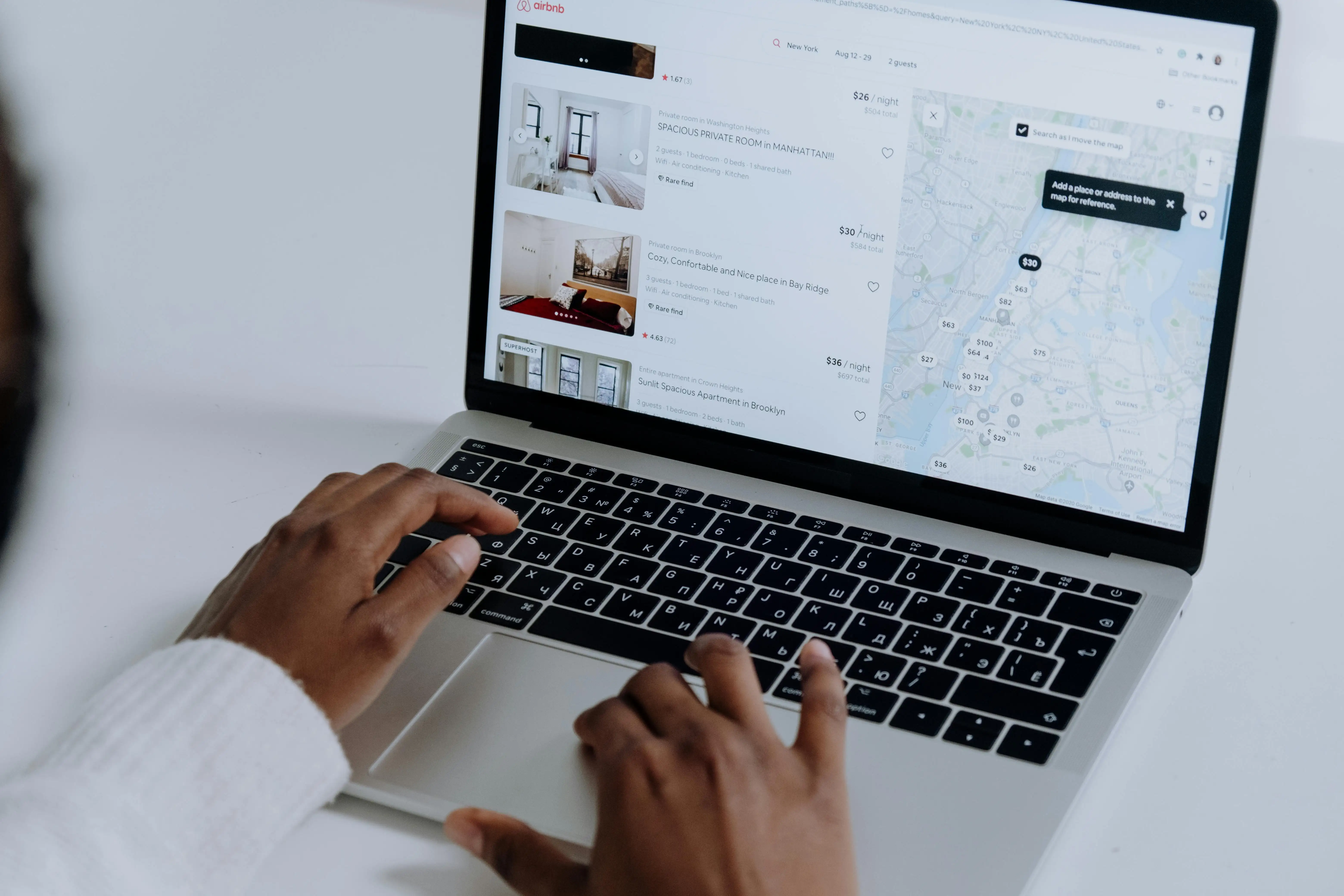Low-Context Delegation

Table of contents
The Path to Becoming an Athena Assistant
Only the top 1% of applicants make it to the Athena Bootcamp – an acceptance rate more exclusive than Harvard University.
You're headed out of office, but work doesn't stop. Your inbox fills, projects progress, and deadlines loom. Your assistant knows the usual drill:
- Triage your inbox and meeting requests
- Execute on established SOPs
However, being OOO is also a great time to assign new delegations. But what kinds are best?
Low-context delegation empowers your assistant to handle tasks independently, with minimal input from you as you're OOO and can't engage in constant back-and-forth communication.
Here's a quick playbook to make it work:
Pick the Right Tasks
Not all tasks suit OOO delegation. Low-context delegations work best when the task:
- Is close to completion and needs fine-tuning
- Involves organizing pre-existing data or assets
- Requires research where the assistant can access and interpret information independently
{{in-line-cta}}
Low-Context Delegation in Action
Here are some recent OOO delegations from Athena members:
- Travel History Database Task: "Create a database of all my past travels. Check my email for flight confirmations and hotel bookings. Include dates, destinations, purpose of trip, and any standout experiences mentioned in my emails."
- Custom Google Map Task: "Take my upcoming trip itinerary and create a custom Google Map. Mark all hotels, restaurants, and activities. Color-code by day. Add brief notes from the itinerary to each pin."
- Health Data Consolidation Task: "Gather all my recent health data (bloodwork, fitness tracker stats, etc.). Create a spreadsheet summarizing key metrics. Use GPT to identify any values outside normal ranges and suggest potential next steps or lifestyle changes."
- Podcast Summary Series Task: "Listen to the last 5 episodes of [Podcast Name]. Create a 1-page summary for each, highlighting key points, interesting quotes, and actionable takeaways."
Being OOO is a great time for your assistant to:
- Do independent work that stretches their ability to operate without your input
- Complete tasks on your list that may have been lower in urgency but are still important
You can use this framework to identify prime candidates for low-context delegation:
1. Tasks Close to Completion
→ Finish Line Sprints: Projects at 90% completion that need a final push or cherry-on-top.
Examples:
- Adding actionable recommendations to a market analysis report
- Using ChatGPT to analyze existing health data to identify actionable ways to improve your health across diet, exercise, and supplements
- Inputting restaurants, attractions, and your hotel into a custom Google map for your upcoming trip
2. Organizing Pre-existing Data or Assets
→ Data Organization: Organizing digital assets in your absence:
- Restructuring your Google Drive folders by project and year
- Organizing your photos to find the highlights and archiving the rest
→ Data Detox and First Cut Analysis: Cleaning and standardizing messy datasets:
- Standardizing product names and codes in your inventory system
- Reviewing your credit card and bank statements to take a first stab at tagging business expenses
- Creating a dashboard that centralizes disparate pieces and systems
→ Experience Extraction: Turning your past experiences into actionable resources:
- Building a "Best of" database from your travel history emails
- Making a guide of where you live for houseguests and visitors to reference and find your favorite restaurants, sights, shops.
3. Research and Information Interpretation
→ Research and Synthesis: Tasks that transform raw data into useful insights:
- Distilling key takeaways from a 3-hour industry conference video
- Summarizing podcasts and essays for you
- Learning how to use a tool and software to be able to teach it to you when you return
→ Recommendation Curation: Research tasks that end with a set of options:
- Scouting potential office locations and compiling pros and cons for each
- Researching and scoping 3 travel locations for you to then pick from when you return
Elevate your leadership by delegating smarter. Partner with an Athena Executive Assistant and reclaim the time you need to focus on growth.
Partner with an Athena Executive Assistant




.webp)














